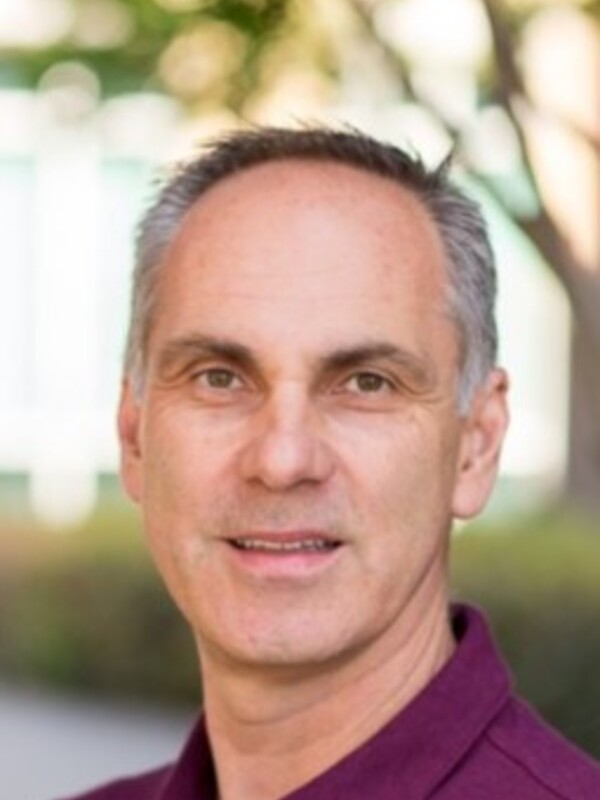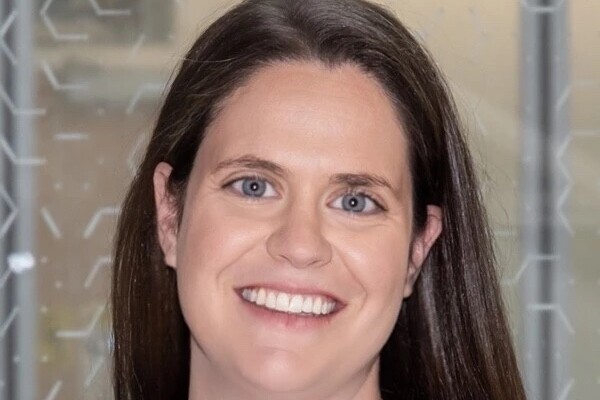Main Second Level Navigation
Dec 9, 2024
AI innovations in health care: New catalyst grants supported by entrepreneur Alan Grujic turn dreams into reality at U of T
Research, Faculty & Staff, Giving

New catalyst grants at U of T’s Temerty Centre for AI Education and Research in Medicine (T-CAIREM), supported by alumnus Alan Grujic, provide essential funding for innovative projects – helping T-CAIREM advance as a global leader in health-focused AI.



